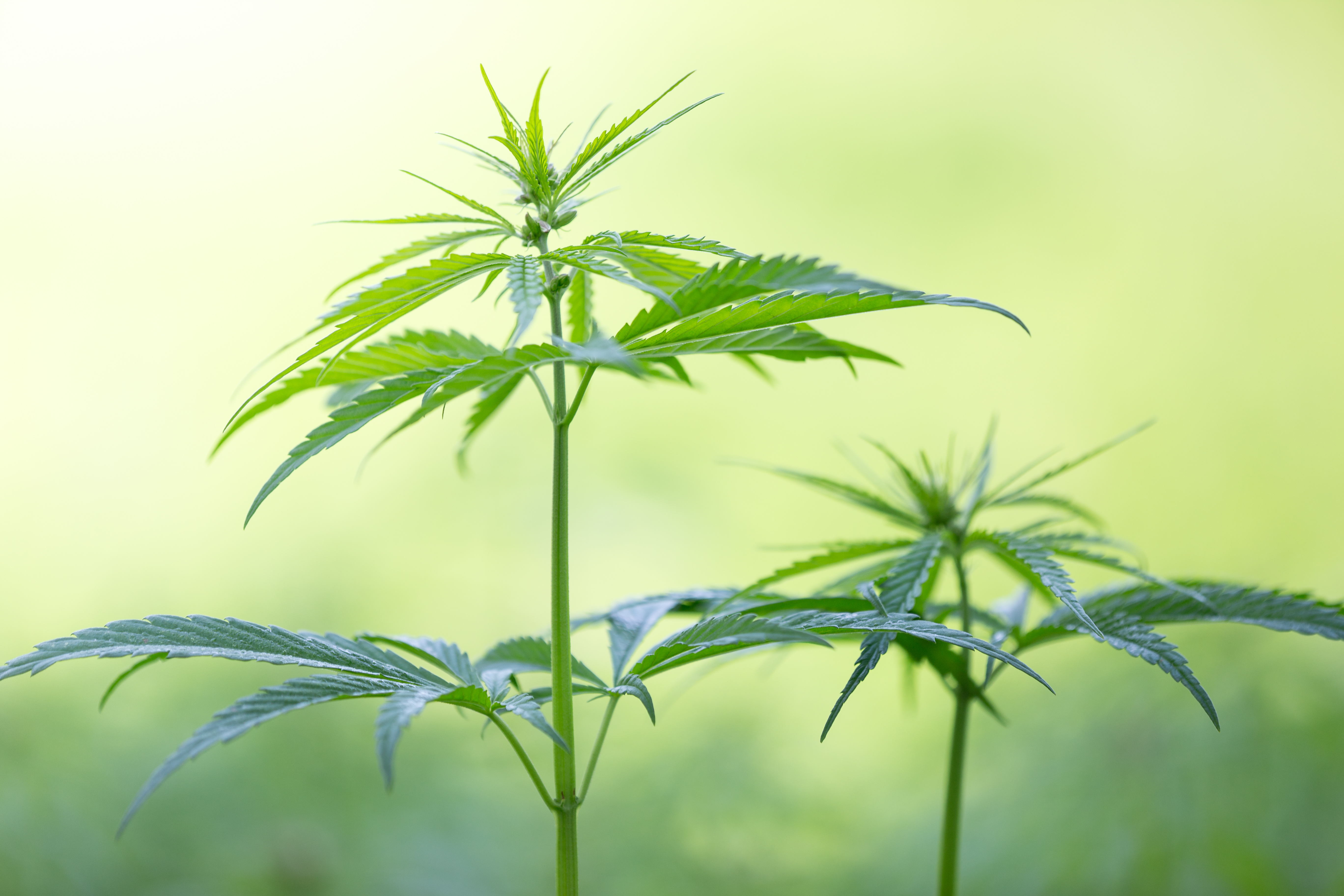Legalized Marijuana – Another Balancing Act for Employers

On April 13, 2017, the Federal government introduced two long-promised bills that, if passed, would lead to Canada becoming one of the few national jurisdictions to permit the legal growth, possession and recreational consumption of marijuana. What was initially branded as a key election promise could become a regulatory maze that several levels of government, police and private enterprise will have to learn to navigate. The government’s goal is full implementation by July 1, 2018.
Safety is a key aspect of the government’s legalization efforts, and the proposed law could provide police with significant authority to conduct legal roadside saliva tests on all drivers based on a reasonable suspicion that the driver has drugs in their body.
Questions remain as to whether the roadside test currently being contemplated by authorities is reliable or can provide immediate results evidencing current impairment from marijuana. The government has conceded that the current oral saliva test does not measure the level of intoxication or time of use, only the presence of THC, the main impairment ingredient in cannabis. Also problematic for law enforcement is that, unlike alcohol intoxication, there is no generally-accepted level of THC that is recognized as the legal limit to prohibit the operation of a vehicle. Jurisdictions which permit (in some form) the legal consumption of marijuana, or have legislated limits, have different ranges, including as low as zero tolerance for any THC being present. Tolerance levels, as well as permitted age for use, could be different for each province.
For employers whose employees regularly operate on Canada’s roads, the potential legalization of marijuana raises competing interests. Canadian society appears to be more open to the regular recreational use of marijuana, which employees may rightfully argue will become a legal right that can be exercised on their own time. At the same time, the government has clearly signalled that legalized pot will come with wider testing and greater discretion given to law enforcement to engage in that testing.
If drug testing becomes more common place, and generally accepted by the public, will it also result in a liberalization of workplace drug testing? Recently, an injunction sought by a union to prevent the introduction of random drug testing for Toronto Transit Commission drivers failed, and that testing was set to begin March 2017. The court accepted, as part of the employer’s submissions supporting the need for random testing, positive alcohol tests of its employees taken by police during off-duty time. This was provided as evidence of a culture of use that could raise employment concerns.
The court also accepted that random testing could ultimately have a deterrent value. The government has referenced the potential for strict penalties for “driving high,” such as licence suspension and vehicle seizure, as an immediate response for an infraction for maximum deterrent impact. Clearly, those companies who employ drivers will have a clear economic interest in not only ensuring the safe operation of their vehicles, but in protecting their assets.
We wait to see how federal regulations and local provincial law enforcement will balance legal marijuana use with public safety concerns and the deterrence of illegal behaviour in a generally more permissive environment. Employers will have to be flexible and ready to react quickly, with testing and accommodation policies that meet both the changing legal and social rules governing a potential future of legal recreational marijuana.



